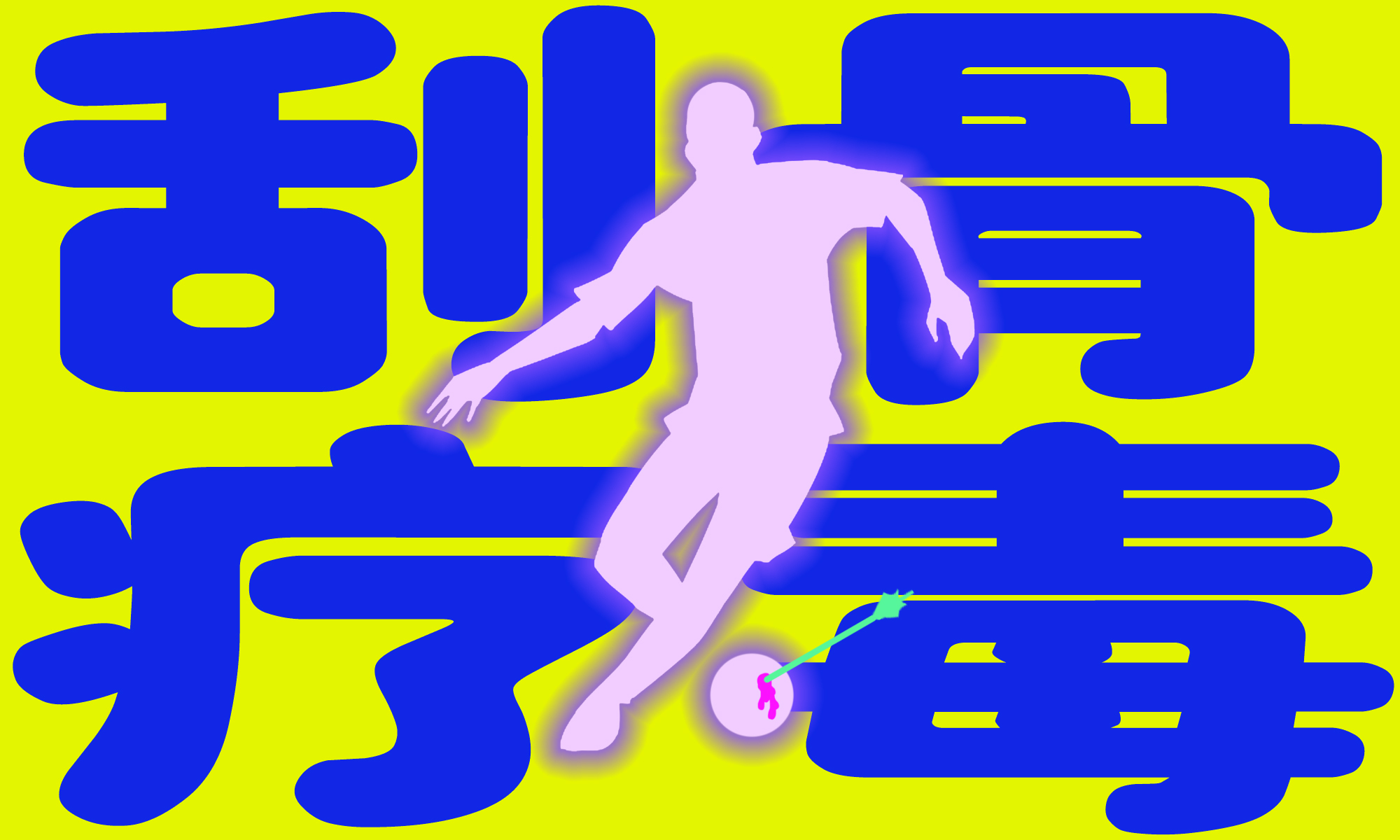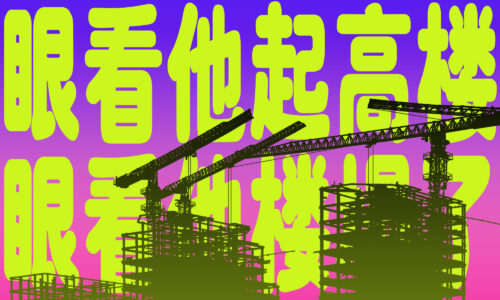‘Scraping poison from the bone’ — Phrase of the Week
Anti-corruption investigations in Chinese football are part of a deeper drive to rid the sport of corruption and clean up the game. And there's a Chinese idiom for that.

Our Phrase of the Week is: Scraping poison from the bone (刮骨疗毒 guāgǔ liáodú).
The context
An anti-corruption cleanup in Chinese football has brought some of the sport’s top officials under investigation in recent months.
The head of the Chinese Football Association (CFA), Chén Xūyuán 陈戌源, is being investigated for “serious violations of discipline and the law,” according to a statement by the government’s sports agency this week.
Chen is the fourth football official to fall under investigation. Former national team coach Lǐ Tiě 李铁, executive deputy secretary-general of the Chinese Football Association Chén Yǒngliàng 陈永亮, and former secretary-general of the Chinese Football Association Liú Yì 刘奕 have also been subjects of a corruption probe since late November last year.
The cases have been described in the media as dealing a “knockout” (狂飙 kuángbiāo) blow to corruption in football — a nod to the 2023 TV drama series with the same name, which follows the story of a police officer rooting out corruption and organized crime.
The media describes the need for fundamental change:
We must improve conduct and enforce discipline to scrape the bones for a clean football ecosystem; we must go back to the fundamentals and remove the poison to rebuild the image of football.
正风肃纪,以刮骨之力净化足球生态;固本培元,以疗毒之效重塑足球形象。
Zhèngfēng sùjì, yǐ guāgǔ zhī lì jìnghuà zúqiú shēngtài; gù běn péi yuán, yǐ liáodú zhī xiào chóngsù zúqiú xíngxiàng.
And with that, we have our Phrase of the Week.
What it means
Scraping poison from the bone (刮骨疗毒 guāgǔ liáodú) is an idiom from the Three Kingdoms period (三国 sānguó) in Chinese history between AD 220 and 280. During this tumultuous time in history, China was divided into the kingdoms of Wèi 魏, Shǔ 蜀, and Wú 吴 after the fall of the Han dynasty.
The idiom first appears in Records of the Three Kingdoms (三国志 sānguózhì), a historical text widely regarded as the official history of the late Han and Three Kingdoms period.
Every school kid in China learns the story told in the Records of how the military general Guān Yǔ 关羽, who served under warlord and founder of the state of Shu, Liú Bèi 刘备, was hit by a poison arrow:
He was hit by an arrow in the arm. The poison went into his bones. It could only be removed by cutting open his arm and scraping it from his bones, after which it was healed.
矢镞有毒,毒入于骨,当破臂作创,刮骨去毒,然后此患乃除耳。
Shǐzú yǒudú, dú rù yú gǔ, dāng pò bì zuò chuàng, guāgǔ qùdú, ránhòu cǐ huàn nǎi chú ěr.
In modern Chinese, scraping poison from the bone is a metaphor for addressing a systemic issue at its roots. It’s often used in government narratives to describe a rotten culture in companies or sectors, such as overworking practices in China’s tech companies or corruption in sports, when things have gotten to their worst and drastic change is needed.
The recent anti-corruption drive in Chinese football is not just about removing top officials from the sport; it’s a push to remove the rot from the core of the game.
In our example above, it’s given extra rhetorical effect by splitting the idiom into two phrases: the strength of scraping bones (刮骨之力 guāgǔ zhīlì), and the effectiveness of removing poison (疗毒之效 liáodú zhīxiào).
In other words, removing the rot from the core of football.






